Main Drivers for Energy Transition Islands

Small Island Developing States (SIDS) can meet most, if not all, of their domestic energy needs through a combination of renewable energy technologies.
Decreasing costs of such technologies offer a unique opportunity to speed the transition from fossil fuels to renewables that will decrease electricity costs, improve energy access, create jobs, and boost energy security on islands.

Emission reduction
Progress towards compliance with the Paris Agreement requires the decarbonization
of the economy as energy, industry, mobility, etc.

Fuel importation reduction
Diesel + Carbon + Natural Gas represents 46% of energy matrix for Latin America and Caribbean.

Energy cost savings
Small Island Developing States (SIDS) tend to have limited primary energy resources, making them dependent on imported fossil fuels. This means severe price volatility and dependence on imports.

High renewable potential
High renewable potential The region has great potential in the generation of hydroelectric, wind, solar and geothermal energy.

Reliability of the grid
Renewables technology can’t operate 24/7 due to natural conditions.

GDP Robustness
For each 10% of increment in fuel price, there will be a
reduction of 0.5% in GDP.

